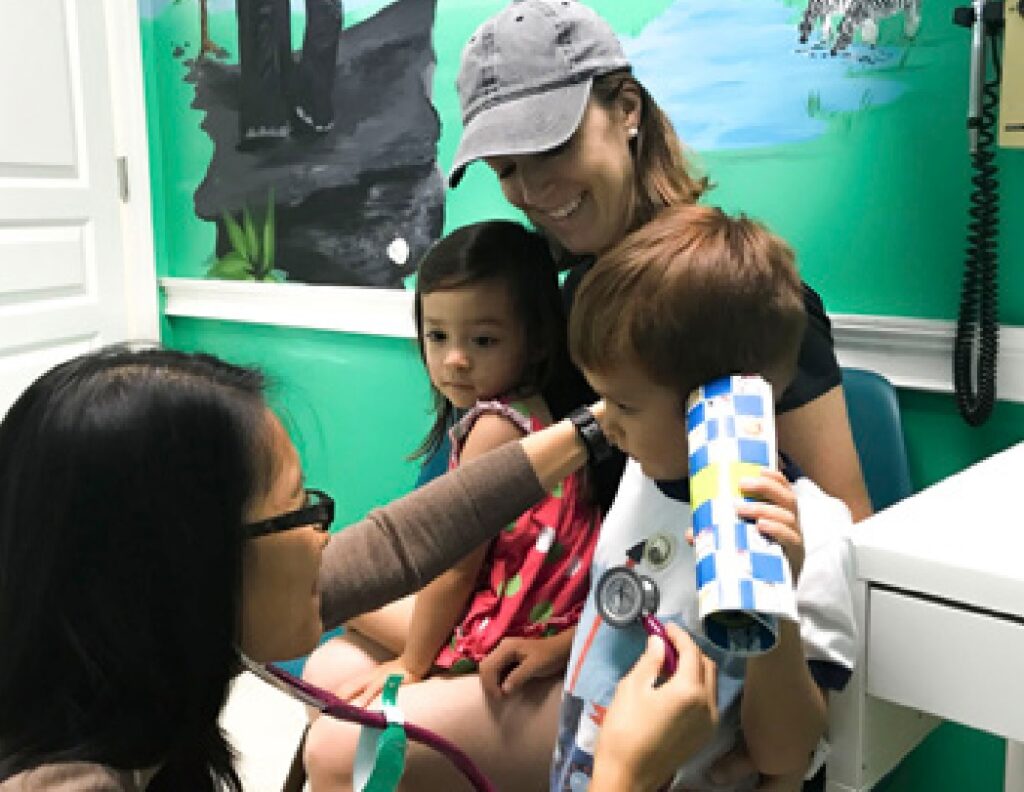Bracing for Impact: Access to Healthcare for Vulnerable Populations Now at Risk
Many believe it’s time to prepare for an impending global healthcare emergency
Impact on Public Health Infrastructure and Global Health
Cuts to healthcare funding in the U.S. will disproportionately affect marginalized communities, including low-income individuals, the elderly, people with disabilities, and racial minorities. These groups already face significant barriers to care, and reducing healthcare access will likely exacerbate existing inequities — especially given their reliance on public health programs likely to be affected such as Medicaid, WIC, and public health departments.

Through MedShare’s work with our country’s network of free and charitable clinics, we are fully aware of the valuable role these community healthcare providers play in public health. Sadly, these funding and infrastructure reductions could lead to fewer free and charitable clinics, reduced service hours, and higher costs to deliver essential care. Ultimately, this would most likely have a negative impact on health outcomes, particularly for people with chronic conditions, pregnant individuals, children, and the elderly.
Globally, humanitarian aid is often a key driver in combating health crises, particularly in regions affected by conflict, natural disasters, or endemic diseases like malaria, HIV, and tuberculosis. Funding cuts threaten to halt essential services in many developing countries, where health systems are already fragile and the non-governmental organizations (NGOs) that serve them depend on this aid to help provide basic healthcare services.
MedShare and our mission partners have seen firsthand the large investment of resources required to support disaster relief and recovery efforts and help mitigate the spread of disease — notably during the Ebola outbreak in 2016, the COVID-19 pandemic, and the devastating earthquakes in Haiti in 2021. It is reasonable to expect that countries with fragile healthcare systems may see increases in preventable diseases and health disparities. This, even as healthcare providers face potential closures, a reduction in services, or an inability to expand services to meet growing demand.

The combination of domestic and international funding cuts would result in widening health disparities, making it even more difficult to contain global health threats and maintain basic healthcare standards in underserved areas. While the impacts are not yet apparent, the situation could escalate rapidly if we are not prepared.
The Urgent Need to Support These Valuable Institutions
The need to support free and charitable healthcare providers is urgent because they are often the only line of defense against deteriorating health conditions in underserved communities. Without adequate resources, they risk becoming overwhelmed by demand or forced to close, which would leave vulnerable populations without options for medical care. MedShare is committed to stepping up to help meet the challenge — continuing to donate medical supplies and biomedical equipment when and where it is most needed. Every dollar we can help these crucial healthcare providers save on the essential tools they need to save lives can help bridge gaps in funding for direct patient care.
Emphasizing Preparedness Over Reaction
In lieu of waiting for the full scope of these disruptions to unfold, MedShare will continue to proactively assess the needs of our partners and help them prepare to meet the challenges that may lie ahead.
We sincerely hope that you will support us in our efforts.


